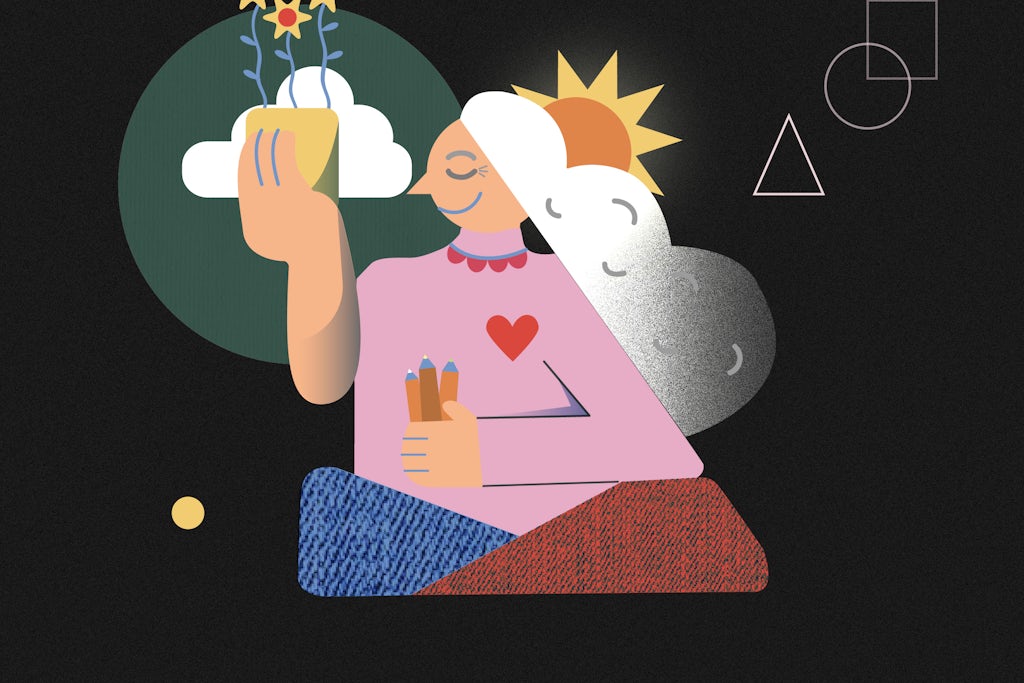Inappropriate behaviour

Inappropriate behaviour can concern sexual misconduct, bullying or violence. In fact, it concerns all behaviour that exceeds your own personal boundaries. This is often also related to abuse of power. And it can be punishable.
At the start of a collaboration, it’s worthwhile to invest in joint consultation about individual expectations and artistic ambitions. Making open agreements together about how we’ll work and communicate with each other increases everyone’s sense of security and trust.
If you know that you can count on a listening ear, you’ll have less hesitation about bringing up an uncomfortable incident or unfortunate statement. Knowing who you can contact to assist you in mediating provides support and the prospect of recovery. The way in which a solution is achieved is as important as the solution itself.
Try to indicate your boundaries, identify when a certain behaviour or statement goes too far for you. This is not an easy step for everyone to take. If possible, speak to an ombudsperson or manager about this.
If this (preventive) approach does not work and the situation continues to occur or serious incidents take place, there are certain actions you can take with a view to recovery and possible sanctions.
As a witness to inappropriate behaviour, it can be difficult to respond appropriately, because you cannot always estimate how the victim feels. Therefore, also talk to the victim and don’t minimise their feelings. You can support the victim by testifying or assisting the person in reporting the situation. If you are in a safe context and you have the necessary capacity to do so, you can also address the perpetrator about their behaviour or a specific statement. You can also report inappropriate behaviour as a witness. Be careful not to exceed the victim’s boundaries even further.
Below is an overview of agencies or organisations that you can contact if you have been confronted with inappropriate behaviour:
Engagement is an artist-led organisation committed to tackling inappropriate behaviour, sexism and abuse of power.
The Care centres after Sexual Violence (ZSG) provide comprehensive care to victims of sexual violence and advice to their support persons. This care is offered under one roof by a specially trained team.
If you’ve been confronted with violence, you can call the helpline 1712.
Contact Tele-onthaal for a free and anonymous conversation.
The Flemish Reporting Centre for Inappropriate Behaviour can be reached by telephone, chat or e-mail. Via this service you can report inappropriate behaviour in the sports, education, culture, youth and media sectors or in another sector or organisation in Flanders, and the reporting centre will examine with you how it can help.
If you want to take legal action or file a complaint, you can go to the police. It’s important in such situations to collect evidence. Evidence can be in the form of print screens of e-mails/texts, medical certificates or your own notes with the date and location when specific situations take place.
Do you as organisation want to work on a policy against inappropriate behaviour: oKo – the advocacy, employers’ federation and network organisation of professional arts organisations in Flanders and Brussels – and the Performing Arts Social Fund developed a policy framework and toolbox to combat inappropriate behaviour. This toolbox allows organisations to evaluate where they stand now, and receive tips and tricks to improve their policy.
More information about inappropriate behaviour can be found on our website at this link.


